- Home
- Addiction Treatment
- Dual Diagnosis
- Dual Diagnosis: Insomnia
Dual Diagnosis: Insomnia
While many people love bedtime and find it easy to get the recommended 7-9 hours’ sleep a night, others dread hitting the sack.
Insomnia is a cause of great stress and is especially problematic for people who have addictions.
1 in 5 people in the UK struggle to get to sleep every night. Where people use drugs and alcohol, this is even more apparent.
There are things you can do to help improve your sleep and treatments to maintain this alongside addiction support.
What Is Insomnia Disorder?

Insomnia is a sleep disorder characterised by the following various symptoms:
- Trouble getting to sleep
- Issues staying asleep
- A reduced quality of sleep
- Poor sleep impacting on daily functioning. For example, it might cause general fatigue, or confusion.
There are both short-term and long-term forms of insomnia.
Short-term insomnia is usually caused by an unusual or unsettling event, stress, or perhaps a change in routine.
Long-term or chronic insomnia can occur without the aforementioned reasons.
Long-term insomnia is demonstrated where people have sleep problems 3+ nights a week for 3 months or longer.
What Factors Increase The Risk Of Insomnia?
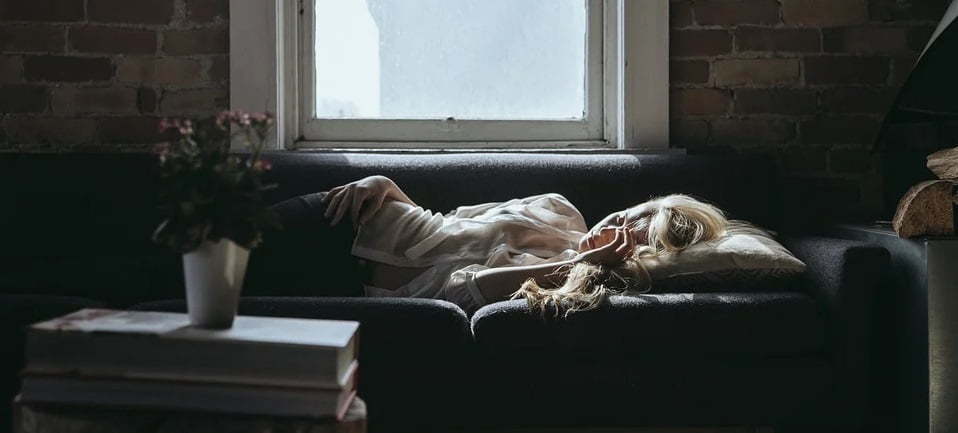
There are particular factors that make some people more likely to develop insomnia.
Research shows that the following increase the likelihood of insomnia:
- Working nights or having rotating shifts
- Being female
- Going through menopause
- Older people are more at risk
- Medical disorders
- Psychiatric disorders
- Chronic illnesses
It’s been shown that 40% of people with insomnia have psychiatric disorders such as depression and anxiety.

There are also other things that can make insomnia more likely, including:
- Lifestyle choices
- A diet high in processed foods, sugar and/or caffeine
- Stress
- Using blue screens (phones, tablets, laptops) late at night
- Genetics -Insomnia can run in families. Coincidentally, this is the same with addictions
- Environmental factors and what’s going on around you
Why Sleep Is Important
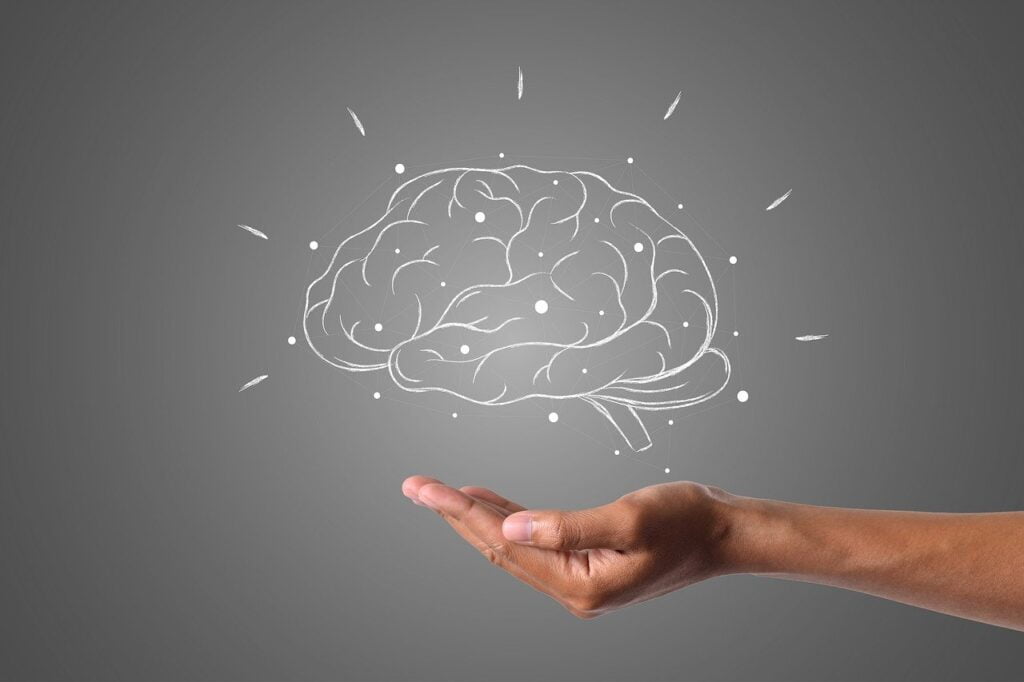
Despite spending one third of our lives asleep, many of us might not understand just how important it is.
Sleep is essential to help us function successfully in many ways.
To start with sleep is helps people to heal.
This is why people tend to need more sleep when they’re ill.
During sleep, the body gets to work with various physiological processes that help it to recover,
People who suffer with sleep problems suffer more in relation to:
- Physical functioning
- Overall health
- Mental health
- Symptoms related to pain
- Social functioning
Risks Linked To Insomnia

Of course, with all the issues that can crop up as a result of insomnia, this can have a knock-on effect in life.
People who live with insomnia are at an increased risk of accidents.
They’re also more likely to take time off work and when they go to work struggle with a lack of focus and their level of performance.
Research shows that chronic sleep loss -especially that over a long period of time- reduces the effectiveness of your immune system.
This, of course, means that people can be more susceptible to illnesses and struggle more to recover from them.
The Link Between Addiction And Insomnia
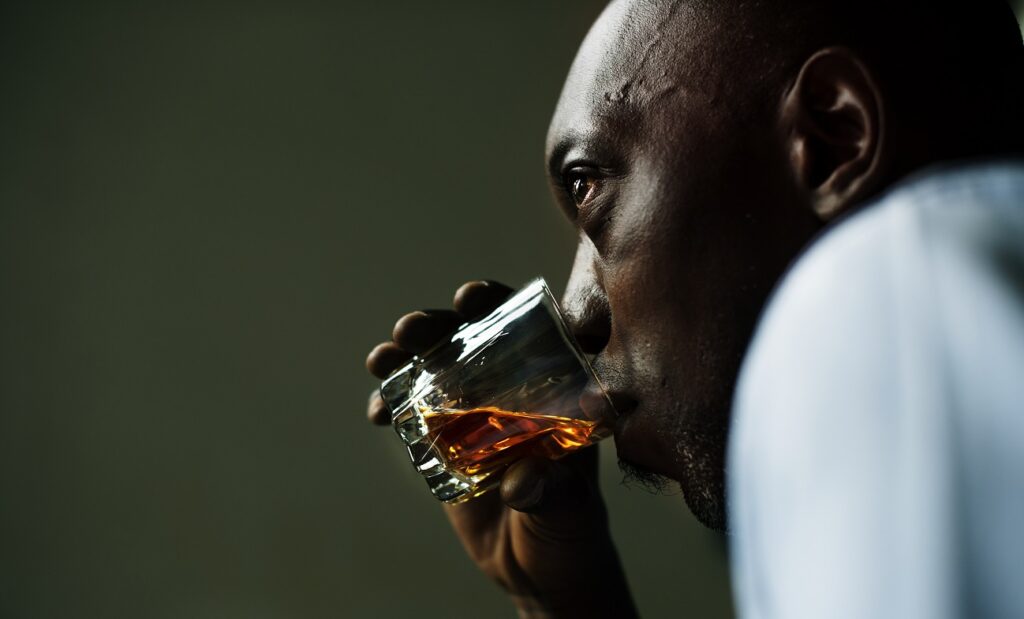
One study revealed that 70% of people entering detox reported having sleep problems.
This is a huge amount.
Of course, looking into this closer it becomes clear as to why this is.
Firstly, it’s natural that people who struggle to sleep might turn to drink or drugs to try and help them to sleep.
One study looking at disturbed sleep and alcohol use, it reported that 15-28% of people used alcohol to fall asleep.

Alcohol is a depressant so people might make the assumption that it helps with sleep.
Interestingly, this isn’t the case.
Plenty of studies provide evidence of how alcohol and drugs actually cause insomnia and create sleep disturbances.
Also, a lack of sleep exacerbates the adverse effects of substances, which can be dangerous.
Substances That Can Cause Sleep Disruption
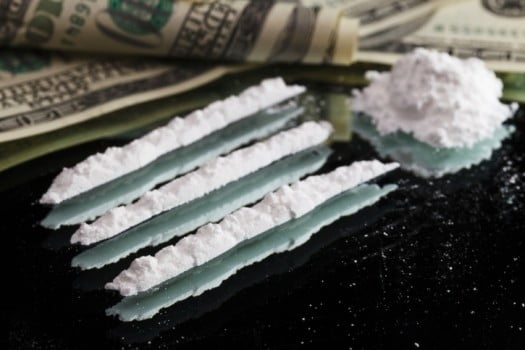
Research shows that cocaine, cannabis, opioids and alcohol all negatively impact a person’s quality of sleep.
This includes the ability to fall asleep, being able to get quality sleep, and having a long sleep.
There are different stages of sleep.
NREM which has 4 stages of varying depths of sleep, as well as REM sleep (which is where people dream).
Regardless of whether they’re stimulants, depressants, or something else, psychoactive substances negatively impact the natural cycles of sleep and the progress of these stages.
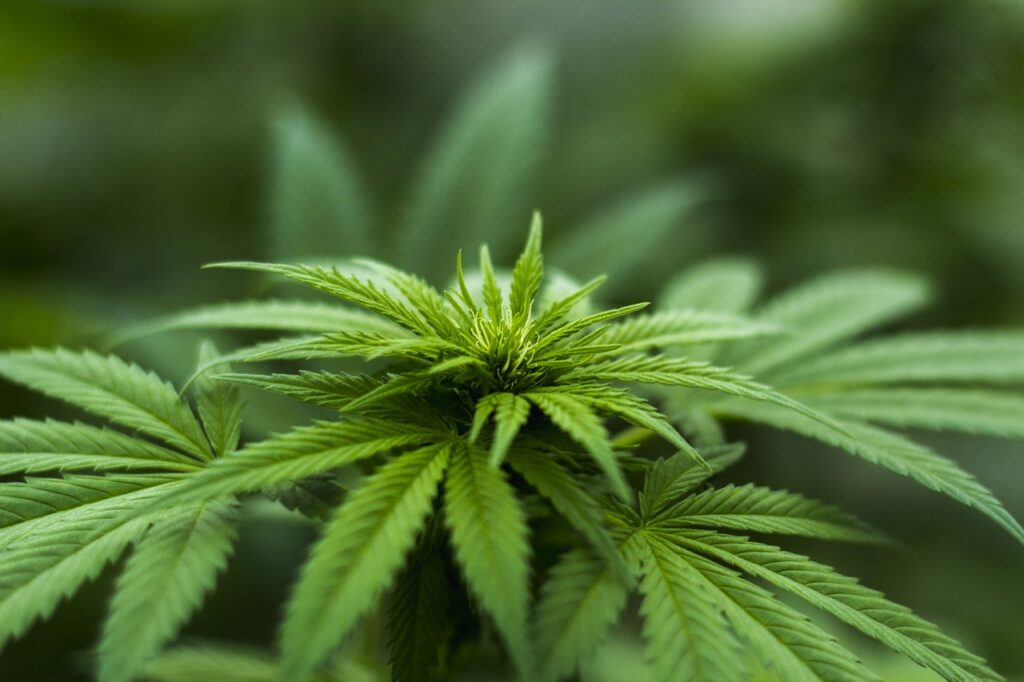
Cannabis is notorious for causing nightmares when a person stops using it.
This is especially the case where people have used strong skunk and have a severe addiction.
Cocaine and amphetamines, both strong stimulants, are renowned for keeping people awake and reducing the quality of sleep.
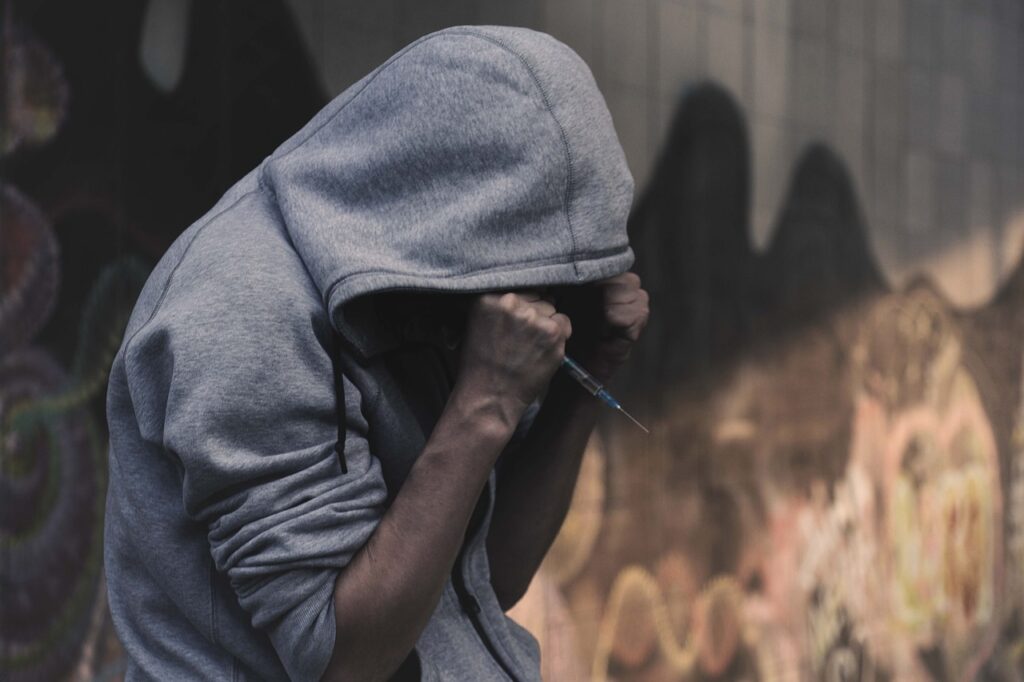
On the flip side, opiates and sedatives seriously disrupt the sleep-wake cycle, hormones and brain chemistry.
This negatively impacts cognitive functioning and motor skills.
It’s important to remember that dopamine and serotonin, which are naturally occurring brain chemicals, help regulate sleep.
These chemicals become dysregulated when people take drugs and alcohol, which is another reason why sleep disorders are linked to those with addictions.
Alcohol And Insomnia
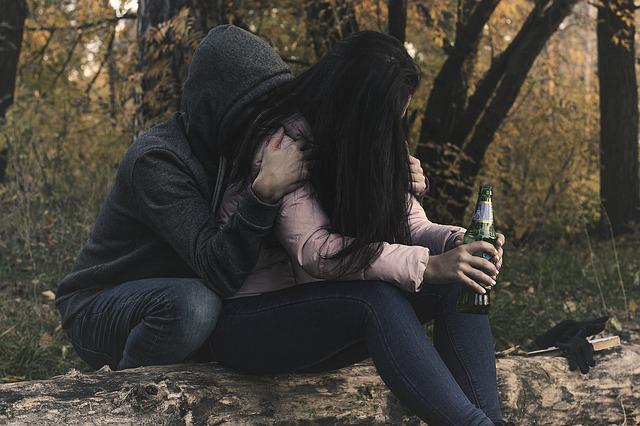
Up to 72% of people with alcohol use disorder also have sleep problems.
Although you might assume alcohol helps you have a good sleep, it prevents quality sleep which is when the body heals, repairs, regrows tissues, and builds bones.
Alcohol also reduces REM sleep, which is where the brain consolidates learning and memories.
One of the symptoms of alcohol withdrawal is sleep problems.
It can be so severe that it causes many people to relapse.
This is one of the reasons that entering a rehab for addiction treatment can really help.
Getting through those difficult early weeks where withdrawal symptoms and sleep disruption is at its worst is made much easier when you’re supported by a team of professionals.
Addiction To Sleeping Pills
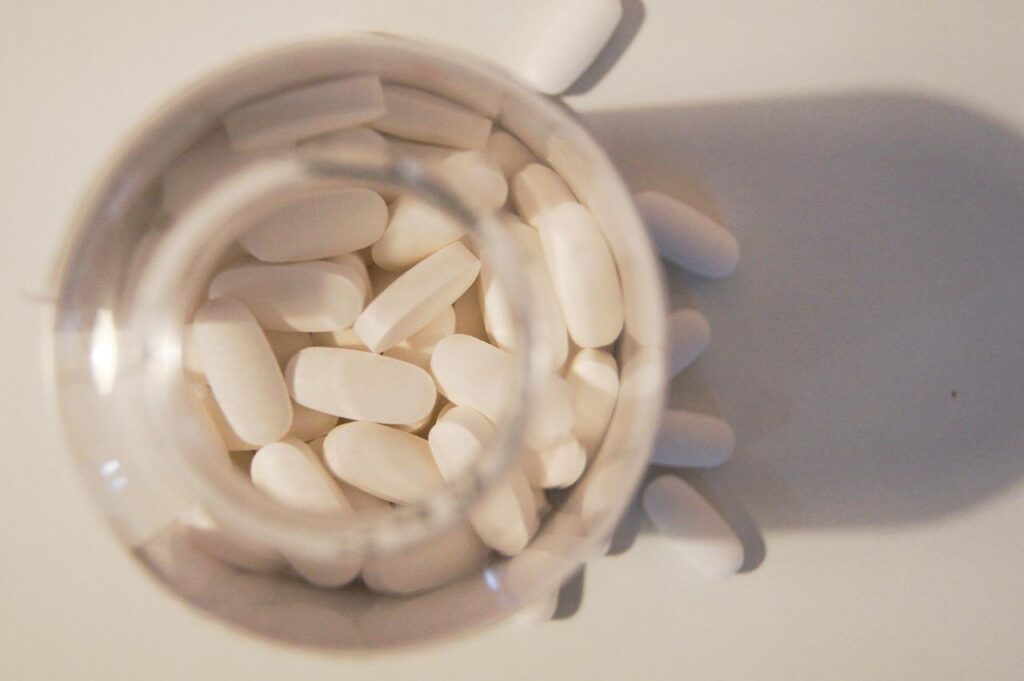
Some people might develop addiction to sleeping pills prescribed by their GP.
In the UK, benzodiazepines might be prescribed.
These are highly addictive and can cause physical dependency, especially if taken for more than 4-6 weeks.
It’s really important to follow your doctor’s guidelines if medication is offered.
It’s also worth having an in-depth discussion about addictive potential of any medication they offer to support sleep.
Tips To Help You Sleep
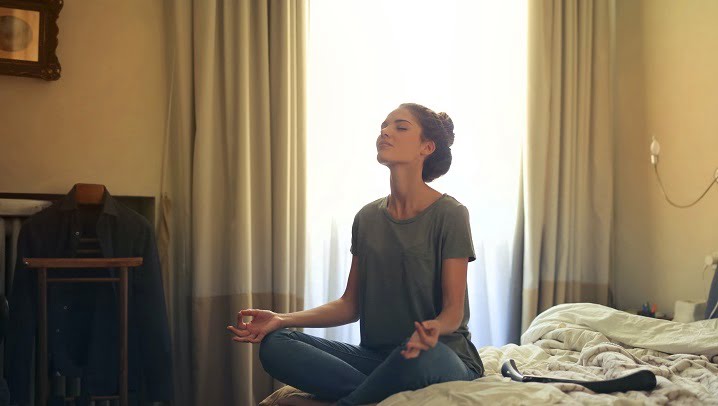
There are certain lifestyle changes you can make to try and improve your sleep.
Developing healthy habits is essential, especially when trying to regain control of addiction.
It can be hard when you have an addiction, so it might be useful to ask someone you trust to support you around developing these positive behaviours:
- Develop a “before bed” routine. It might include reading and/or having a bath.
- Eat a well-balanced, nutritious diet.
- Exercise, find something that you enjoy so it’s easier to keep up.
- Ensure you have a comfortable bed.
- Try listening to relaxing music if you struggle to relax.
- Avoid eating late and avoid caffeine, sugar, and processed foods.
Dual Diagnosis: Addiction And Insomnia

As mentioned already, addiction and insomnia are very much linked.
People with sleep problems might turn to substances to help them sleep, and doing so regularly can cause addiction.
Those who use substances suffer from sleep problems because of how much drugs and alcohol affect brain chemistry and the ability to sleep.
Mental Health And Insomnia
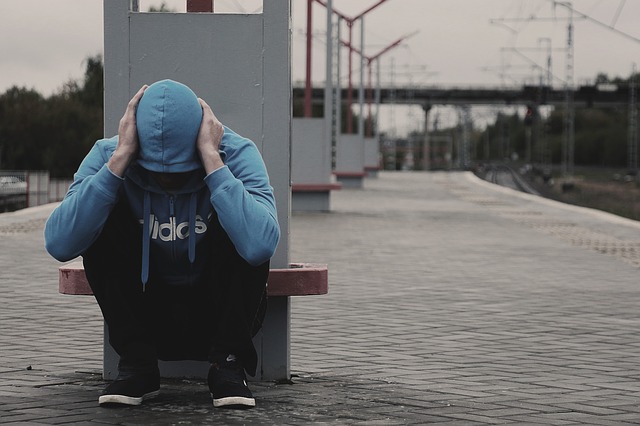
One of the studies mentioned earlier reported that 67% of detox patients who had insomnia also had depression.
It’s incredibly common for people with addiction to also have mental health problems.
Again, people with depression or anxiety, for instance, might use substances to self-medicate and this can lead to addiction.
Substances, of course, can also cause mental health problems.
It’s safe to say addiction, mental health, and insomnia are tightly-knit.
Dual Diagnosis
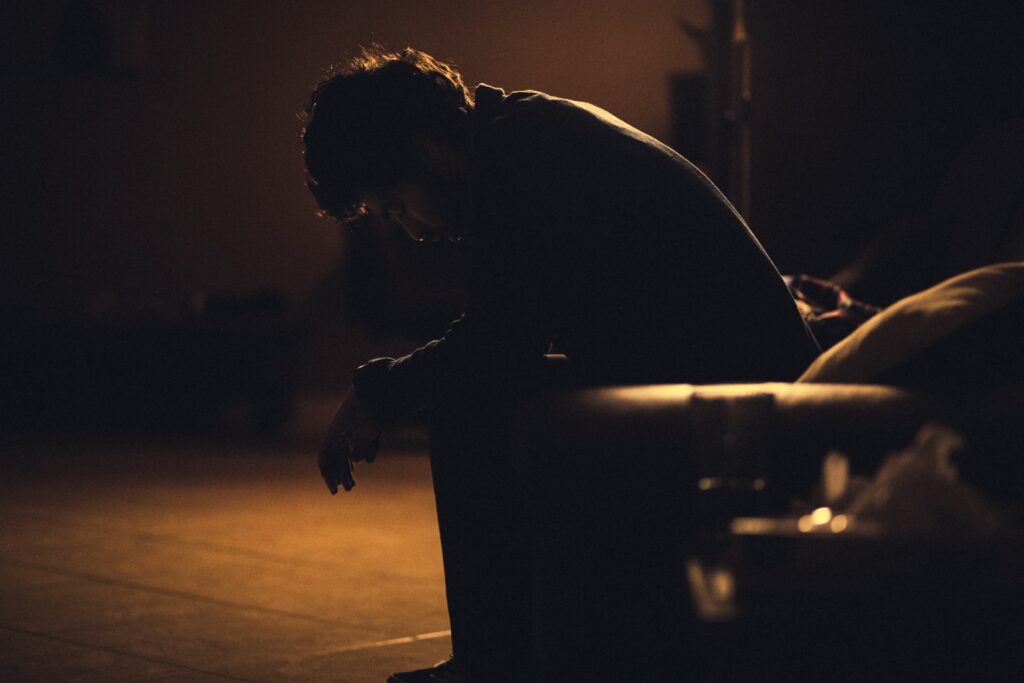
A dual diagnosis basically means you have more than one condition.
If you have an addiction and insomnia, then this would be considered a dual diagnosis.
If you enter treatment for addiction and it’s revealed you have a dual diagnosis, both conditions will be addressed.
This supports you to have a better start to recovery.
Rehabilitation Treatment For Addiction And Insomnia

There are rehabilitation programmes that treat people for substance addiction and which also take into account the insomnia diagnosis.
Rehab staff endeavour to make your stay as comfortable as possible.
Part of this means keeping uncomfortable withdrawal symptoms to a minimum.

Where necessary, medications can be prescribed to support you around sleep disturbances and insomnia.
There will also be therapeutic treatments available to support you in this area.
Cognitive Behavioural Therapy is used to treat insomnia as well as addiction.
This will offer you practical ways to support your sleep as well as your withdrawal and detox period.
Getting Help Today

To find out more about what rehab options there are available to you, contact Rehab Recovery.
Our friendly advisors will explain how you can be supported through an assisted detox and where to access the most beneficial therapies.
There’s no need to go through addiction alone: reach out today.


